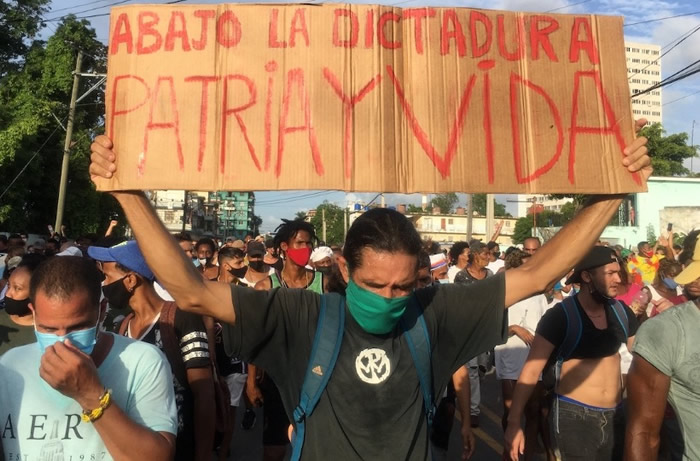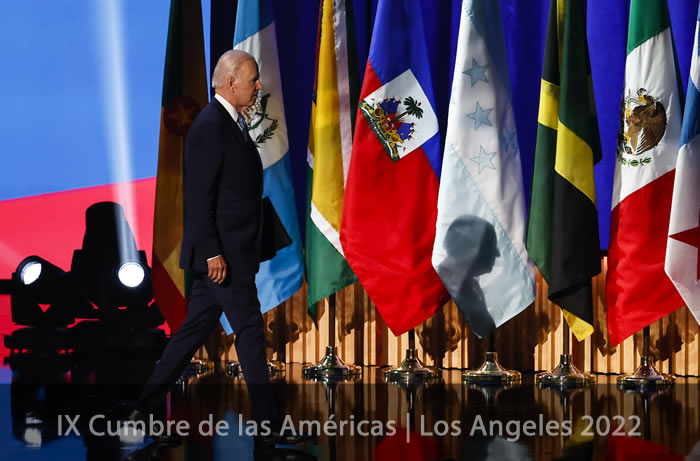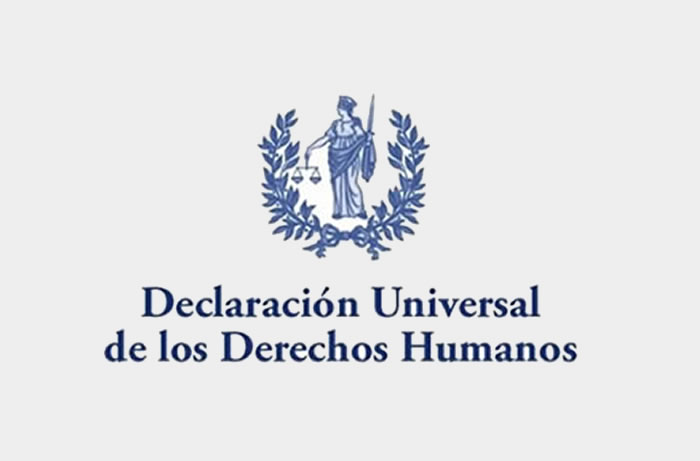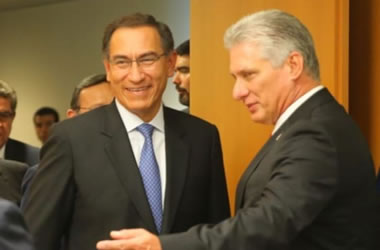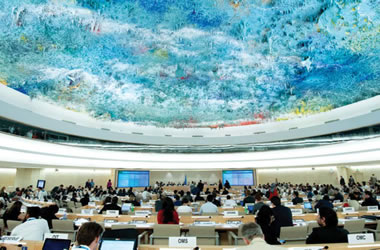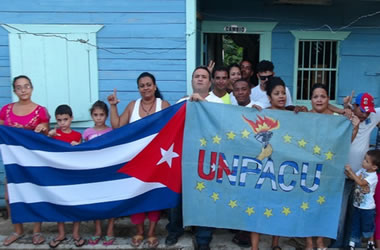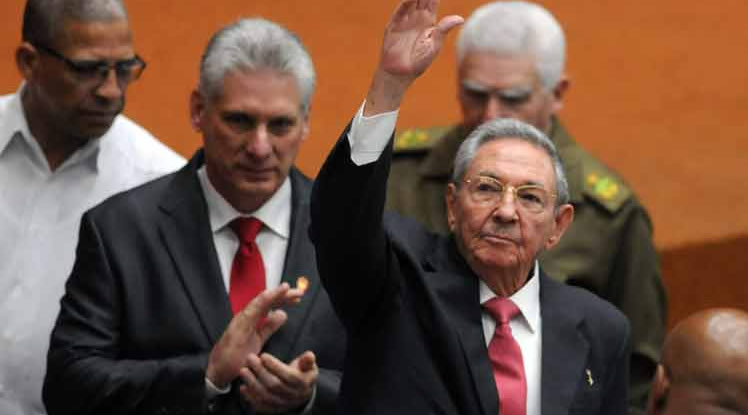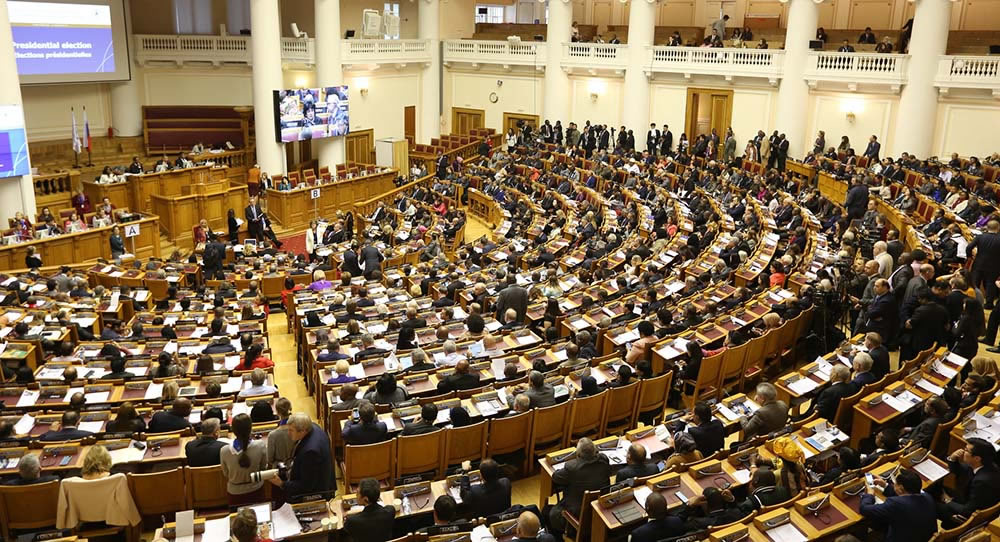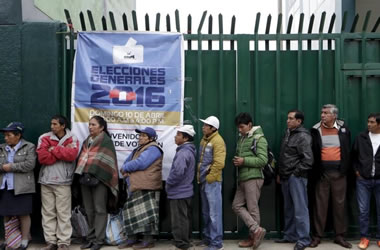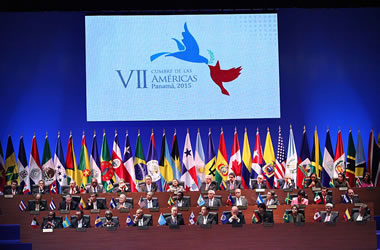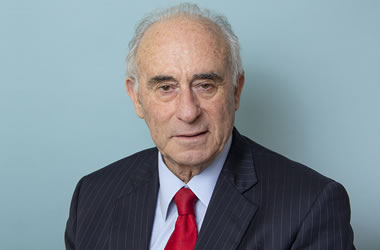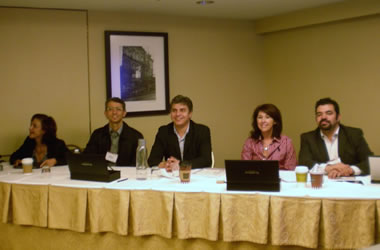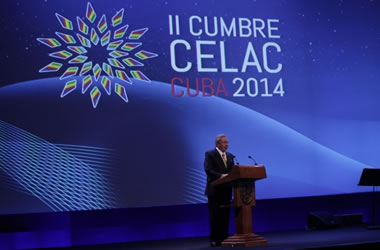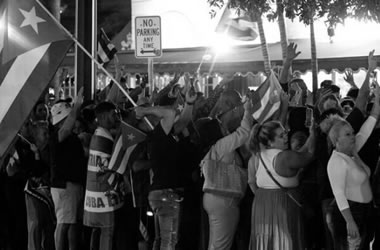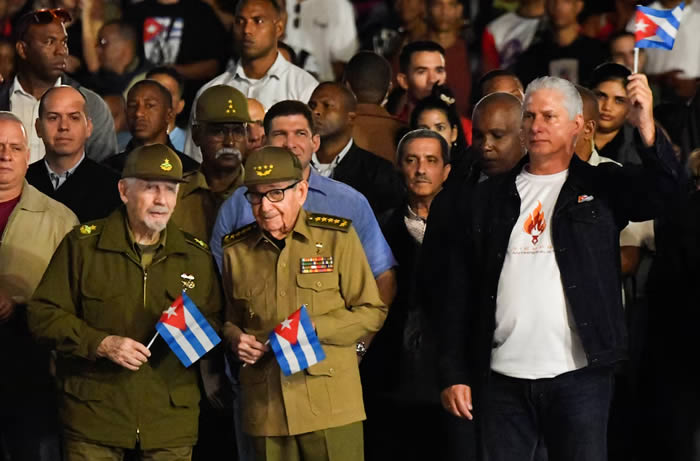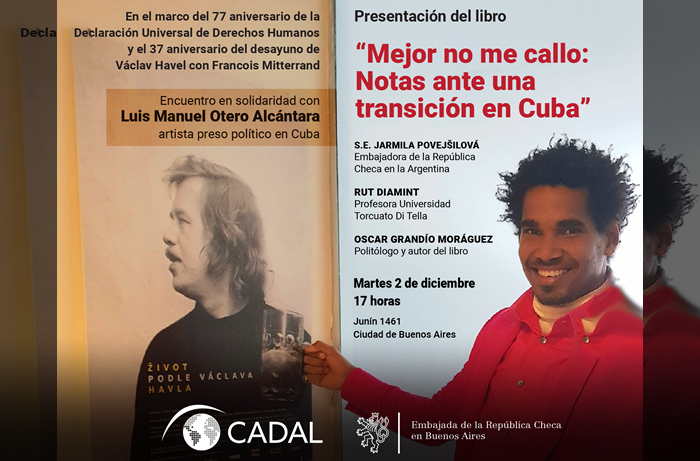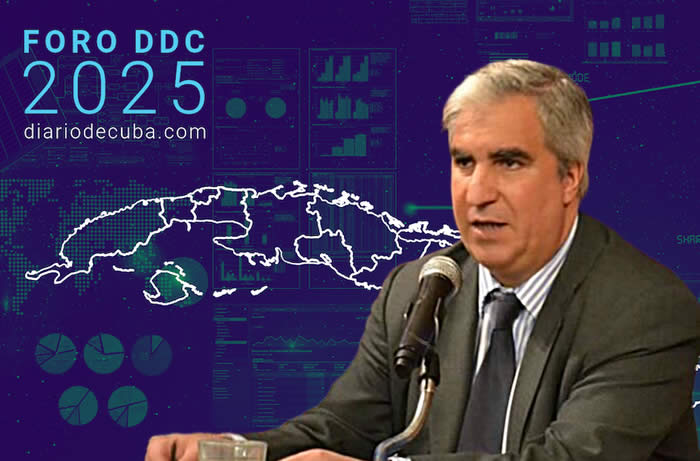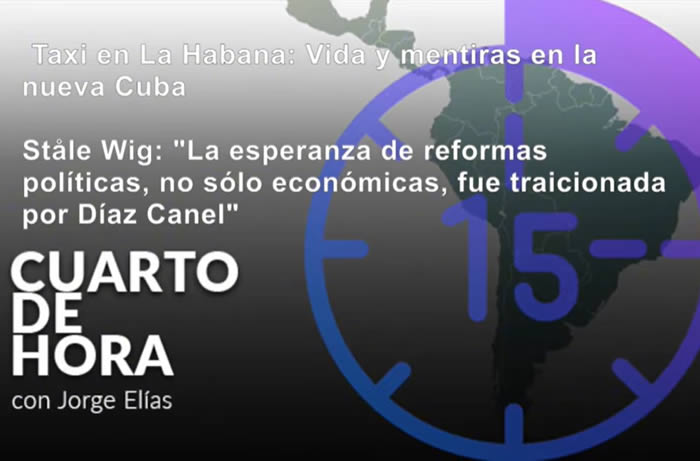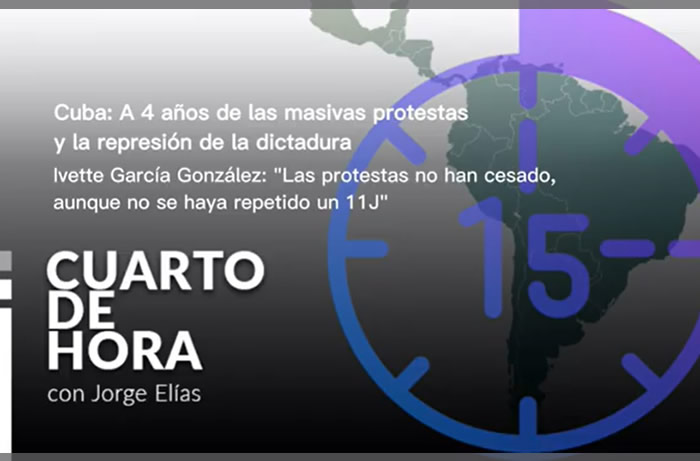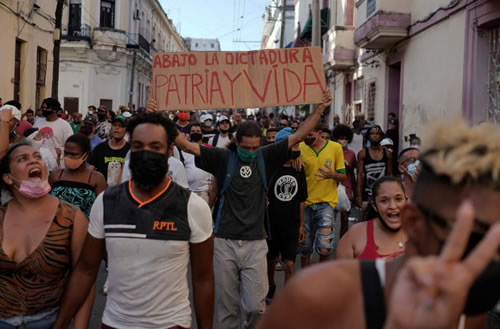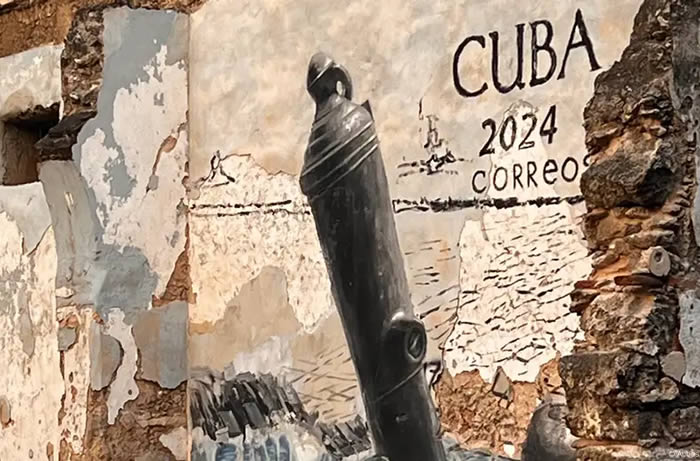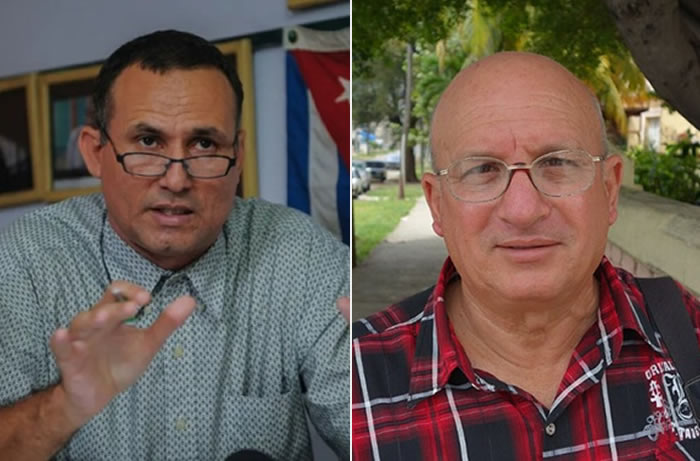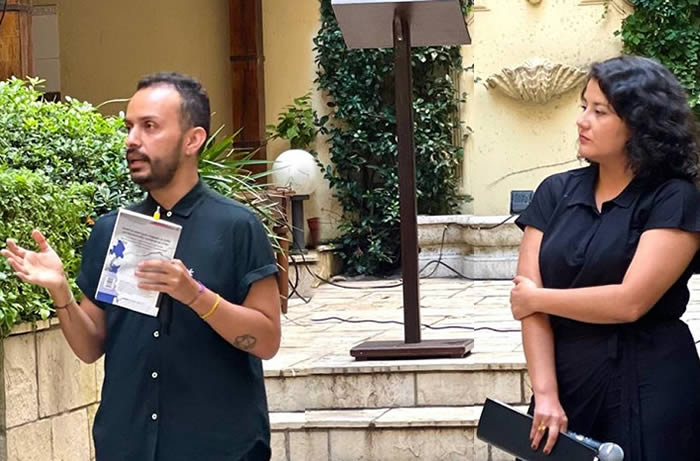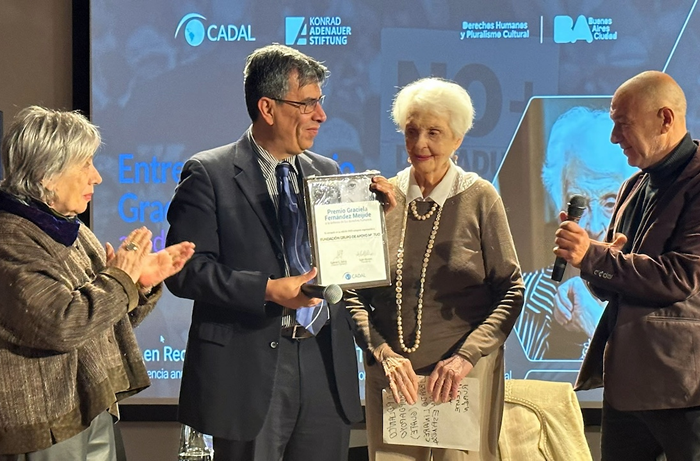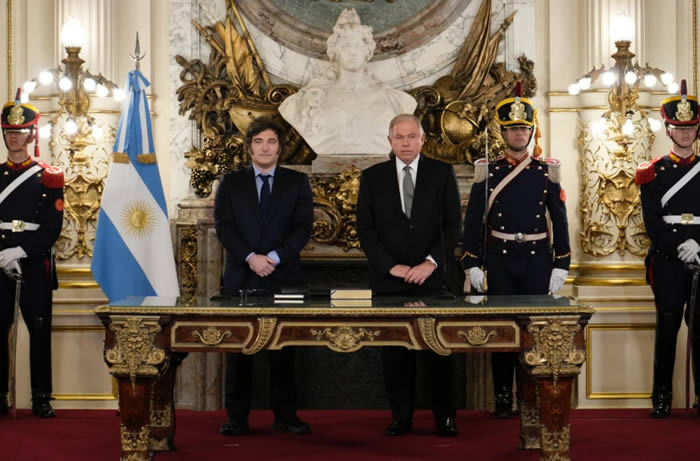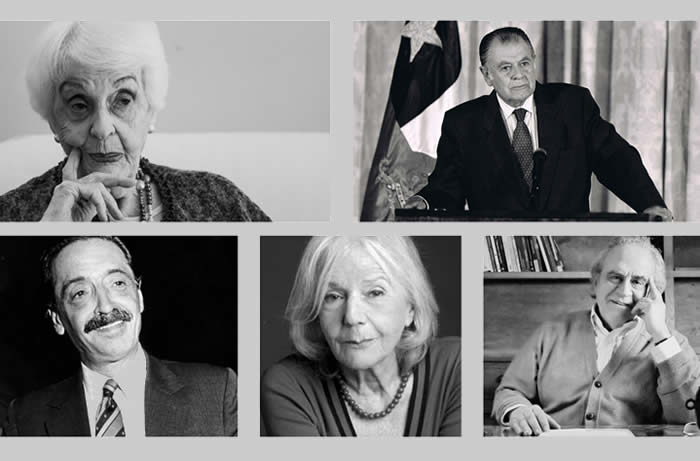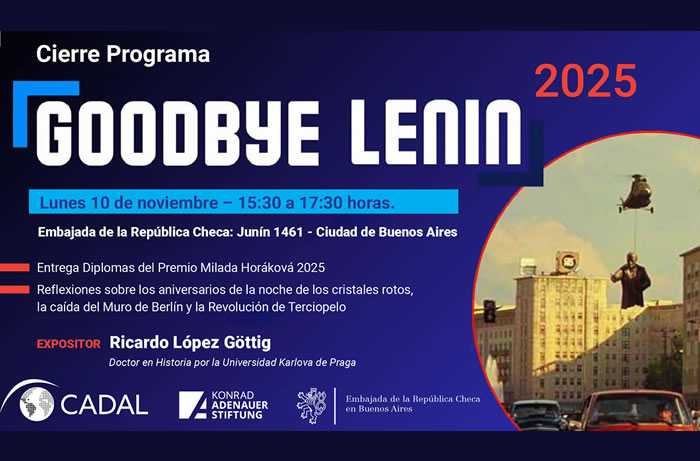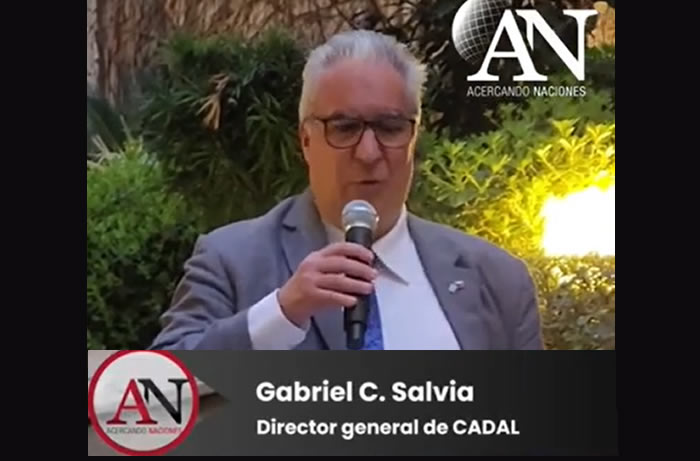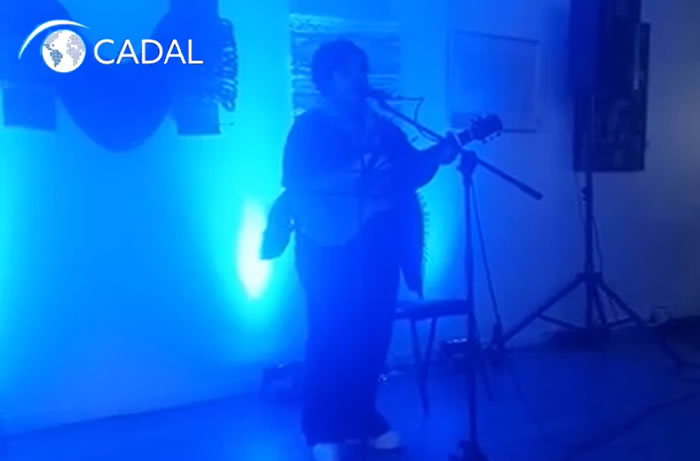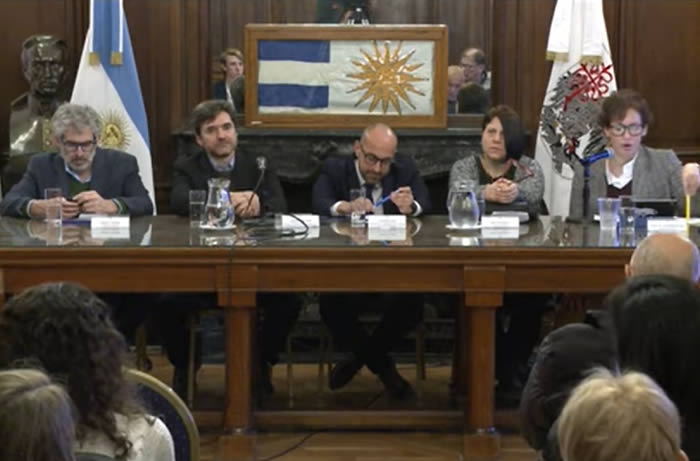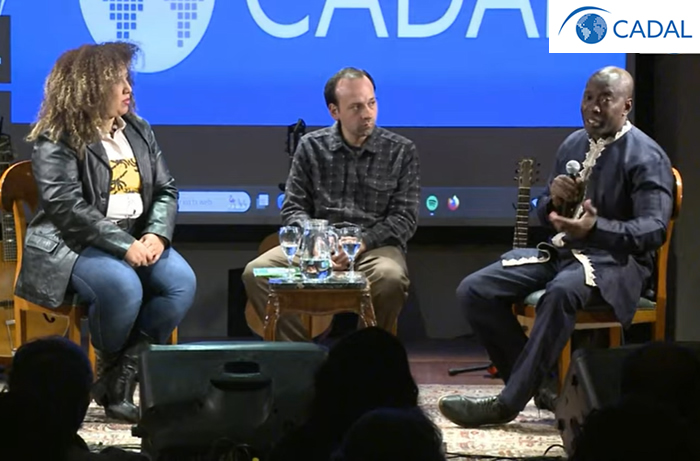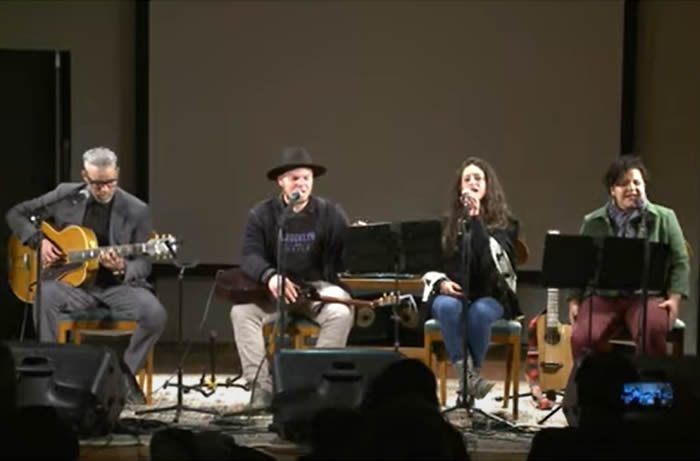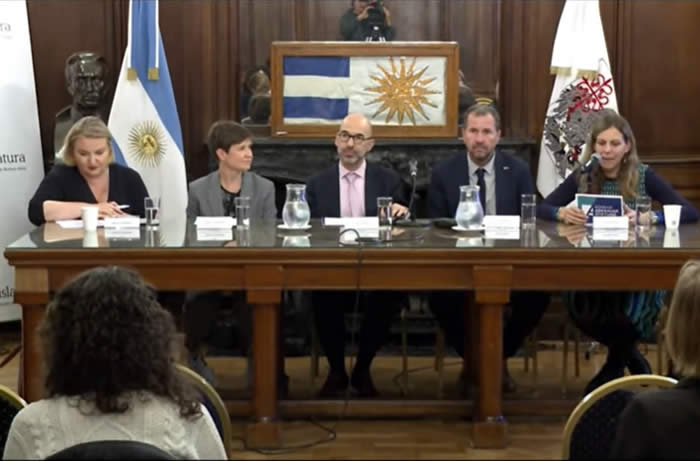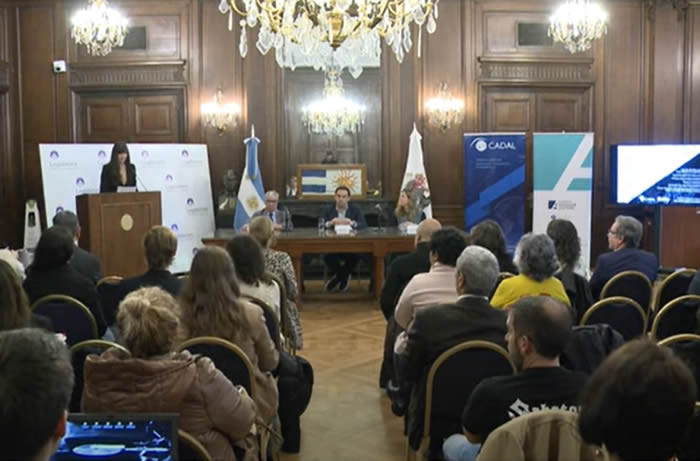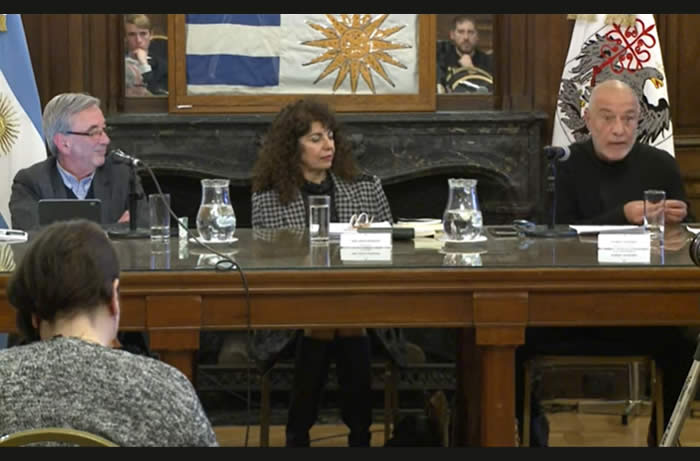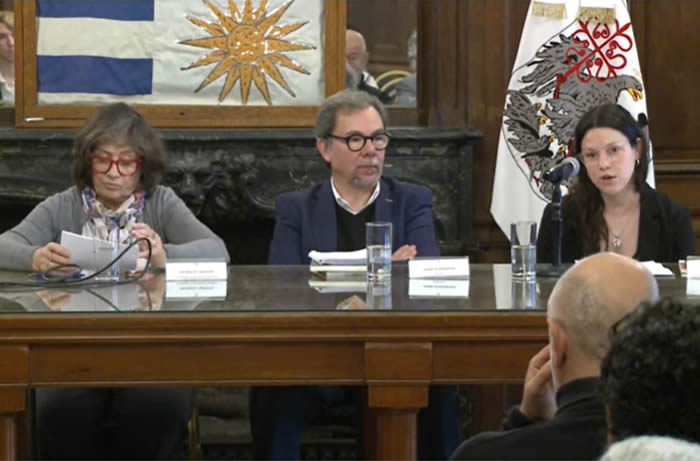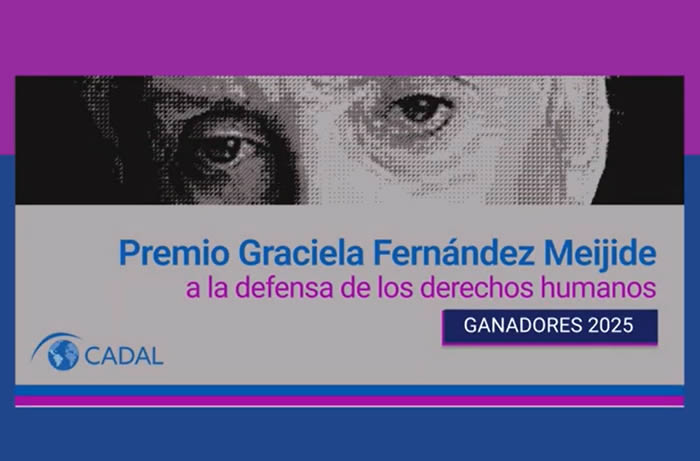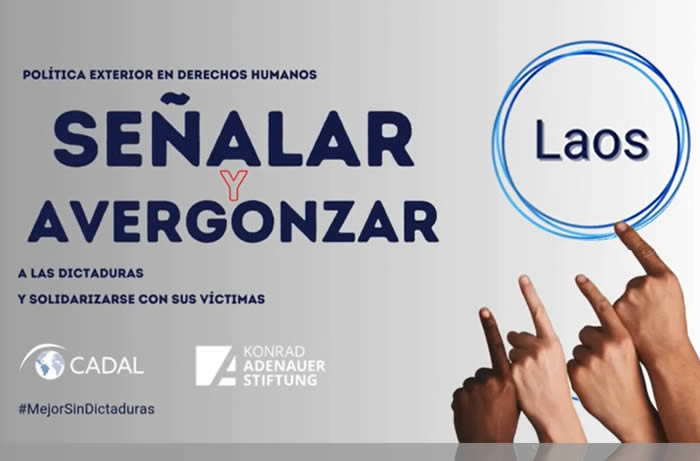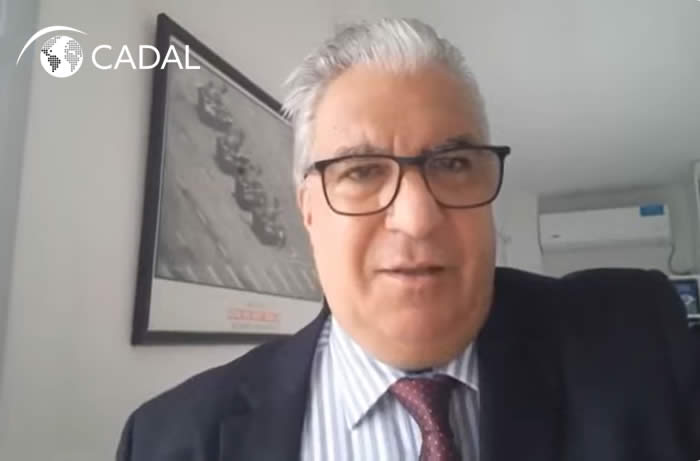Diálogo Latino Cubano
Promoción de la Apertura Política en Cuba
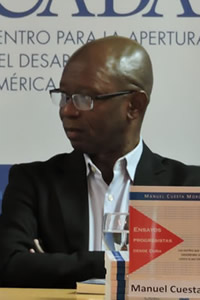 13-06-2022
13-06-2022A new liberal consensus
The democratic recession allows us to understand an inexcusable phenomenon: the rise of autocrats within democracies and the development of democratic leaders and movements within autocracies. The attempt to transfer these Latin American tunings to the IX Summit of the Americas was the prequel to the dysfunctional aftermath of the region, where a semi-failed state like Mexico and a nation in dystopian involution like Argentina come to the rescue of three regressive autocracies: Nicaragua, Venezuela and Cuba.Por Manuel Cuesta Morúa
Written by Sergio Díaz-Granados, Executive President of the Development Bank of Latin America, the newspaper El País published an article entitled The New Voice of Latin America in the Americas, on the occasion of the IX Summit of the Americas held in Los Angeles, United States.
Its content is not really about voice, but about the region's potential to make itself "heard" in the global context in the face of the challenges of climate change, the demands for renewable energies, its role in global agricultural markets, as well as the phenomena of digitalization and the impact of migratory flows.
However, the article is interesting for what it does not reveal and for the way in which elites understand language: as economic power.
But what it does not reveal are the structural limitations for these potentialities of Latin America to unfold globally and the political dissonance between the voice it articulates most loudly and its institutional challenges. These are not only preventing Latin American leadership in any of the possible fields, but also preventing its voice from being seriously heard in any global decision-making sphere. A voice more inclined to ideological strolling than to global ambition.
The IX Summit of the Americas was the scenario for the everlasting recycling of the region's dissonances. A first dissonance: making attendance at a regional conclave conditional on the presence of hemispheric actors whose policies are not in line with the new visions of integration and effective management of challenges: inclusion, flexibility, openness and institutional modernization. This is telling us that Latin America can have leaders, not necessarily leaderships.
A second dissonance: subordinating a regional agenda, whose potential impacts would benefit 640 million inhabitants, to convergence with autocracies whose public policies and State patrimonialism aggravate precisely the problems we face. This lack of State vision explains, among other things, why only about 3 out of 10 citizens in the region have confidence in their governments, according to the Integrated Values Survey for the period 2010-2020.
And a third dissonance: the one that insists on defending autocratic illegitimacy from democratic legitimacy, under the double argument of sovereignty and equality among States: a political confusion between international law and political forums or spaces for integration, exchange and consensus.
This last dissonance is certainly relevant in this hemisphere and in the current global context, where the rebirth of democracies is posed as an existential and global problem in the face of the brutal Russian invasion of Ukraine.
In Latin America, the sovereignty that is invoked has its source exclusively in electoral processes, it is born in and from the ballot box. This implies two other related issues: respect for human rights and the constitutional legitimacy of States, based on the recognition of fundamental freedoms.
The democratic recession mentioned by Larry Diamond, of Stanford University, allows us to understand an inexcusable phenomenon in this decline: the rise of autocrats within democracies (Mexico, Argentina, El Salvador) and the development of democratic leaders and movements within autocracies (Nicaragua, Venezuela, Cuba). This is reflected in the autocratic harmony at the State level, with independence in the origins of power, and in the weakness of regional integration processes. With the Celac as the best example.
The attempt to transfer these Latin American tunings to the IX Summit of the Americas was the prequel to the dysfunctional aftermath of the region, where a semi-failed state like Mexico and a nation in dystopian involution like Argentina come to the rescue of three regressive autocracies: Nicaragua, Venezuela and Cuba.
Can these countries seriously contribute to the solution of the problems of migration, climate change, economic recovery, democracy and others discussed at this IX Summit? The question is rhetorical, but the negative answer acquires a nuance: these issues, with their challenges, have a particular expression in these regimes: their aggravation has a deliberate origin in their States.
It is essential that Latin America's voice be heard on a global scale. It did not happen at this Summit. Its return will not be initially due to the economy, despite its comparative advantages, but to the global recovery of its normative power: the one that manifested itself very well with its leading role in the Universal Declaration of Human Rights of 1948. This normative capacity today requires two preludes: a new liberal consensus, with a social outlook and forged in civil society, and a profound institutional reform that depatrimonializes the States and lays the foundations so that the region's resources do not become the global and strategic reserves of, yes, two other empires: Russia and China.
 Manuel Cuesta MorúaHistoriador, politólogo y ensayista. Portavoz del Partido Arco Progresista, Ha escrito numerosos ensayos y artículos, y publicado en varias revistas cubanas y extranjeras, además de participar en eventos nacionales e internacionales. En 2016 recibió el Premio Ion Ratiu que otorga el Woodrow Wilson Center.
Manuel Cuesta MorúaHistoriador, politólogo y ensayista. Portavoz del Partido Arco Progresista, Ha escrito numerosos ensayos y artículos, y publicado en varias revistas cubanas y extranjeras, además de participar en eventos nacionales e internacionales. En 2016 recibió el Premio Ion Ratiu que otorga el Woodrow Wilson Center.
Written by Sergio Díaz-Granados, Executive President of the Development Bank of Latin America, the newspaper El País published an article entitled The New Voice of Latin America in the Americas, on the occasion of the IX Summit of the Americas held in Los Angeles, United States.
Its content is not really about voice, but about the region's potential to make itself "heard" in the global context in the face of the challenges of climate change, the demands for renewable energies, its role in global agricultural markets, as well as the phenomena of digitalization and the impact of migratory flows.
However, the article is interesting for what it does not reveal and for the way in which elites understand language: as economic power.
But what it does not reveal are the structural limitations for these potentialities of Latin America to unfold globally and the political dissonance between the voice it articulates most loudly and its institutional challenges. These are not only preventing Latin American leadership in any of the possible fields, but also preventing its voice from being seriously heard in any global decision-making sphere. A voice more inclined to ideological strolling than to global ambition.
The IX Summit of the Americas was the scenario for the everlasting recycling of the region's dissonances. A first dissonance: making attendance at a regional conclave conditional on the presence of hemispheric actors whose policies are not in line with the new visions of integration and effective management of challenges: inclusion, flexibility, openness and institutional modernization. This is telling us that Latin America can have leaders, not necessarily leaderships.
A second dissonance: subordinating a regional agenda, whose potential impacts would benefit 640 million inhabitants, to convergence with autocracies whose public policies and State patrimonialism aggravate precisely the problems we face. This lack of State vision explains, among other things, why only about 3 out of 10 citizens in the region have confidence in their governments, according to the Integrated Values Survey for the period 2010-2020.
And a third dissonance: the one that insists on defending autocratic illegitimacy from democratic legitimacy, under the double argument of sovereignty and equality among States: a political confusion between international law and political forums or spaces for integration, exchange and consensus.
This last dissonance is certainly relevant in this hemisphere and in the current global context, where the rebirth of democracies is posed as an existential and global problem in the face of the brutal Russian invasion of Ukraine.
In Latin America, the sovereignty that is invoked has its source exclusively in electoral processes, it is born in and from the ballot box. This implies two other related issues: respect for human rights and the constitutional legitimacy of States, based on the recognition of fundamental freedoms.
The democratic recession mentioned by Larry Diamond, of Stanford University, allows us to understand an inexcusable phenomenon in this decline: the rise of autocrats within democracies (Mexico, Argentina, El Salvador) and the development of democratic leaders and movements within autocracies (Nicaragua, Venezuela, Cuba). This is reflected in the autocratic harmony at the State level, with independence in the origins of power, and in the weakness of regional integration processes. With the Celac as the best example.
The attempt to transfer these Latin American tunings to the IX Summit of the Americas was the prequel to the dysfunctional aftermath of the region, where a semi-failed state like Mexico and a nation in dystopian involution like Argentina come to the rescue of three regressive autocracies: Nicaragua, Venezuela and Cuba.
Can these countries seriously contribute to the solution of the problems of migration, climate change, economic recovery, democracy and others discussed at this IX Summit? The question is rhetorical, but the negative answer acquires a nuance: these issues, with their challenges, have a particular expression in these regimes: their aggravation has a deliberate origin in their States.
It is essential that Latin America's voice be heard on a global scale. It did not happen at this Summit. Its return will not be initially due to the economy, despite its comparative advantages, but to the global recovery of its normative power: the one that manifested itself very well with its leading role in the Universal Declaration of Human Rights of 1948. This normative capacity today requires two preludes: a new liberal consensus, with a social outlook and forged in civil society, and a profound institutional reform that depatrimonializes the States and lays the foundations so that the region's resources do not become the global and strategic reserves of, yes, two other empires: Russia and China.




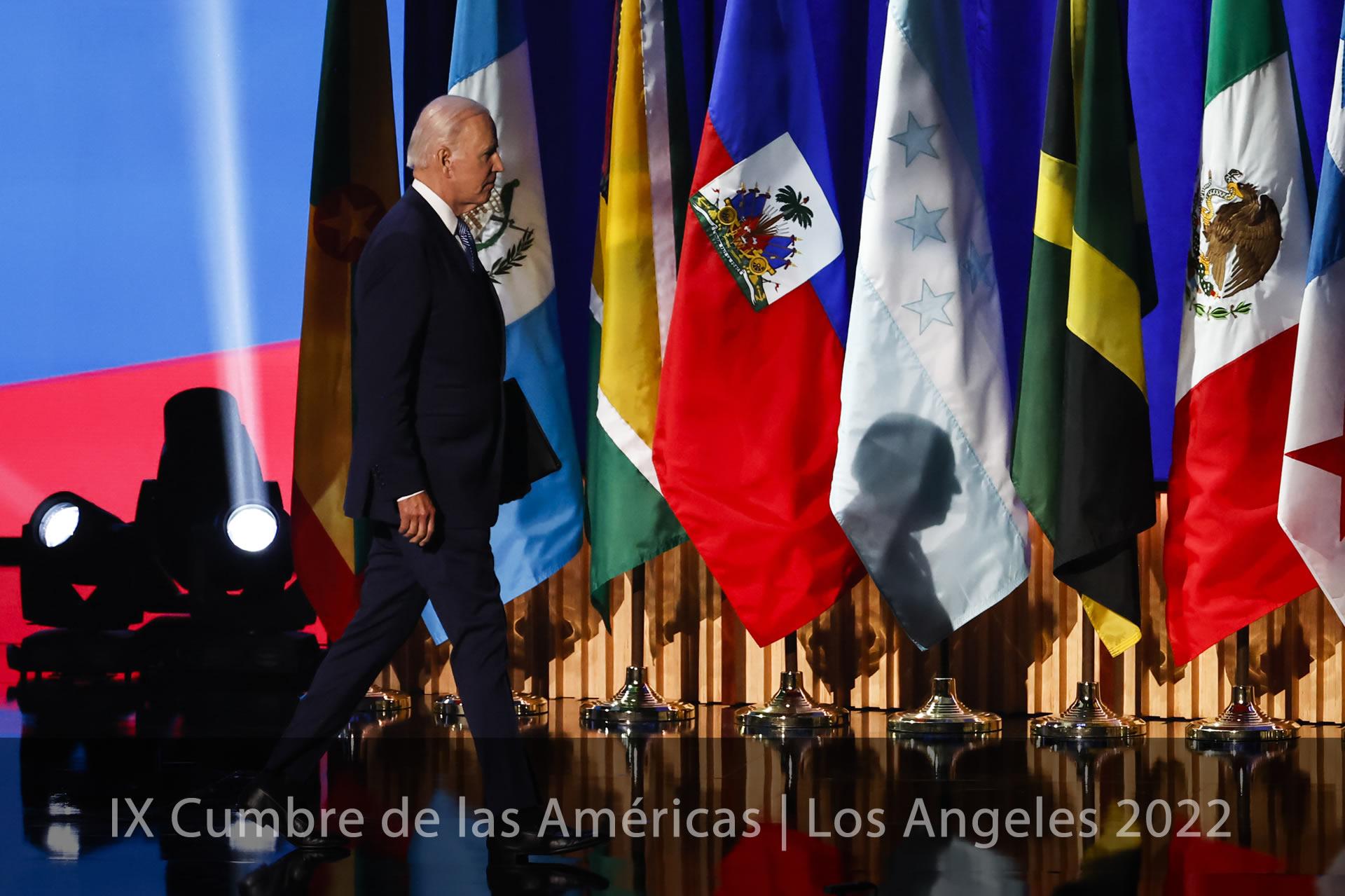
 Read it in English
Read it in English